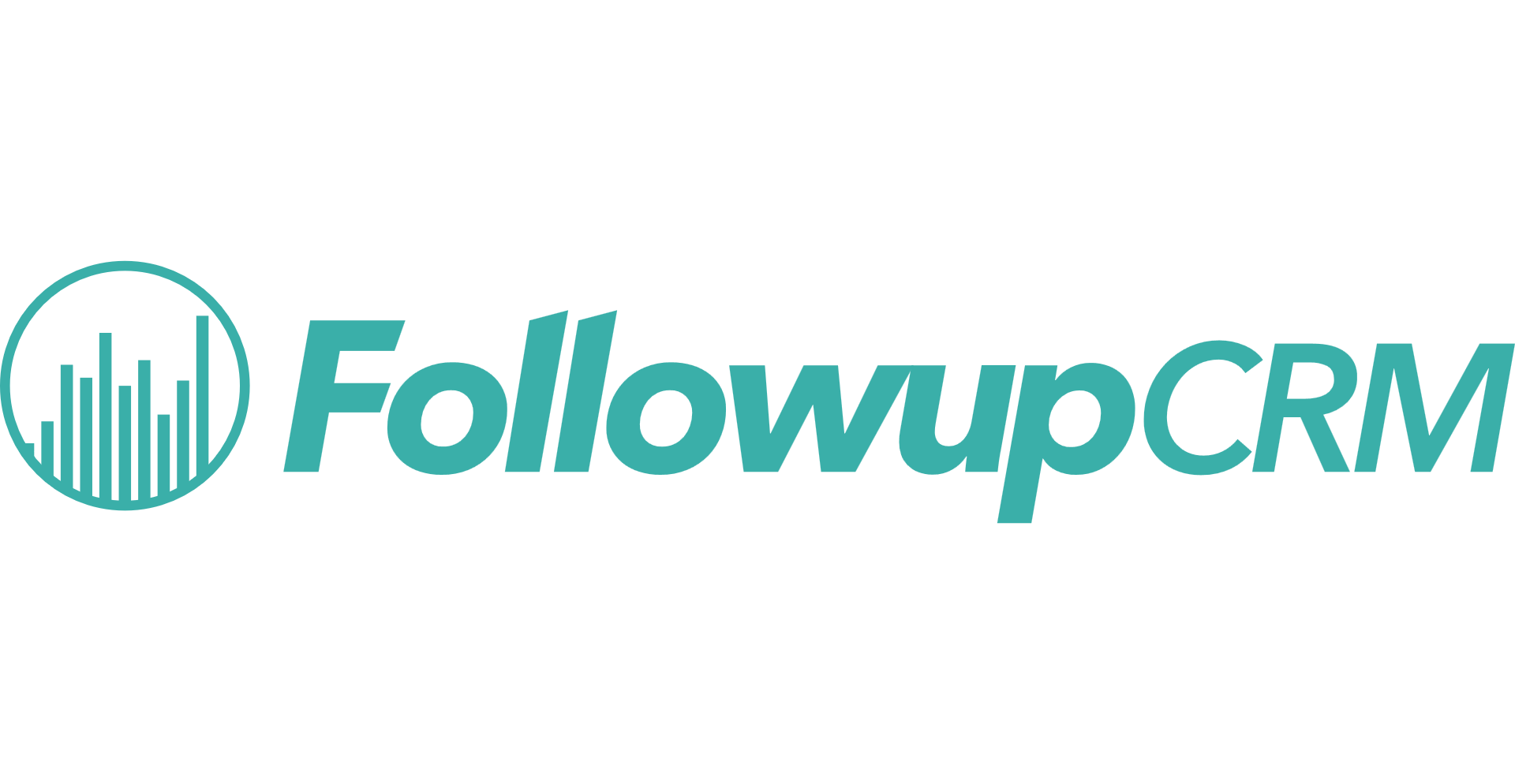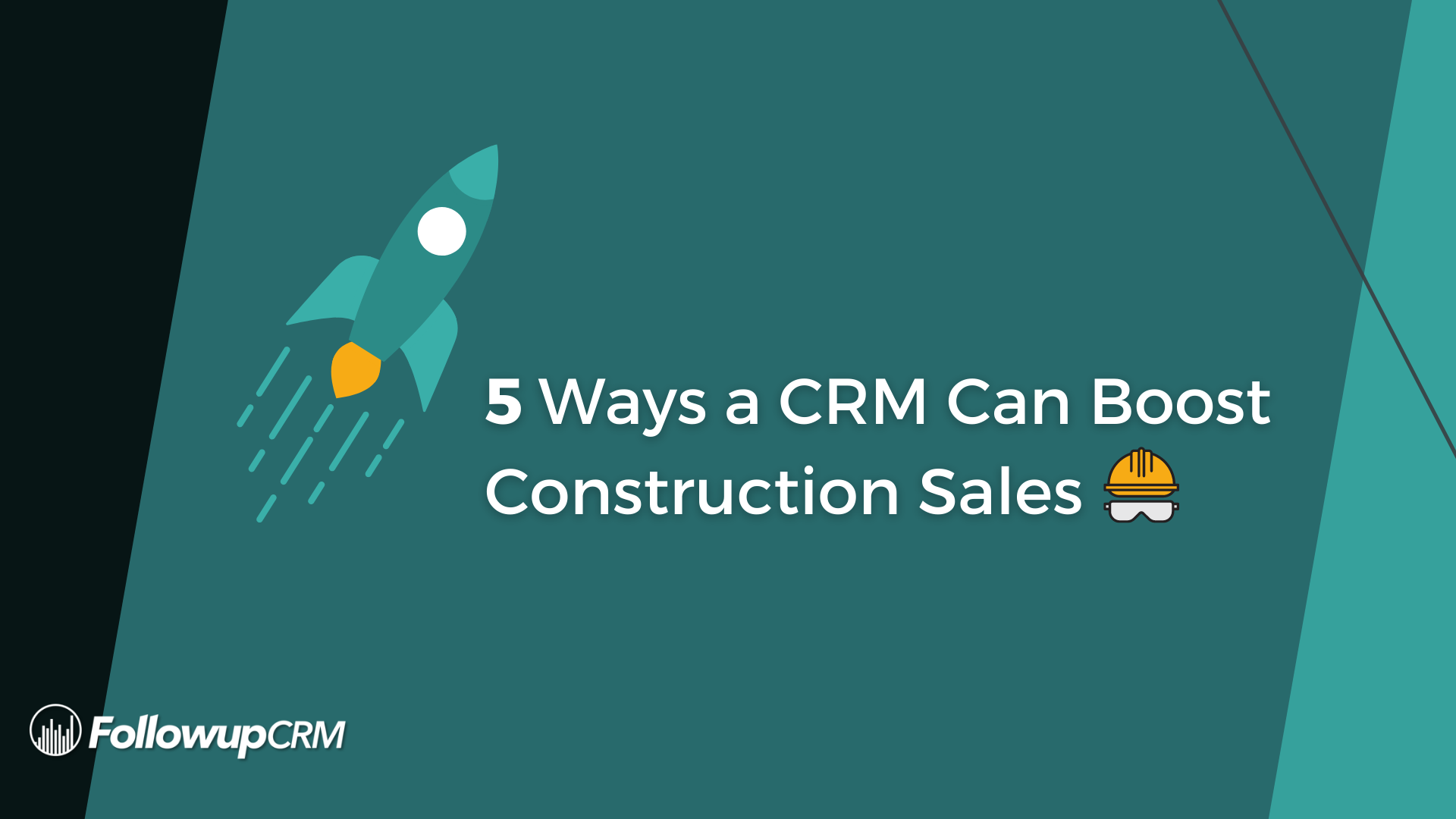Defining CRM contacts for specialty contractors
Every day there are people who come into contact with your contracting business. You have customers, but you also have many other people that are or can become valuable assets for your company. These types of people are called contacts. Managing your contacts as a business owner is not always easy, especially if you're not storing important information in a central place, like a customer relationship management (CRM) platform.
Some contacts your business already interacts with day to day are:
- Vendors you use to keep your office running like a well-oiled machine
- Other specialty contractors, like roofers, plumbers, painters, and more that you may partner with or refer
- Organizations and companies that publish request for proposals (RFPs) or accept bids
Subcontractor and vendor contact management in a CRM
Non-customer contacts may play a big role in your contracting work, helping you score renovation projects and construction bids. Relationship building is an essential part of running a successful business, but don't limit that relationship building to only customers. Vendor contacts are a basic, but essential part of your contact management. Losing track of contacts for insurance, licenses, permits are a small detail that can derail your business if it falls by the wayside.
If you have secretaries, executive assistants, or office managers who take care of these details, you will free up their schedule to focus on other, more pressing concerns beyond an expired license or permit. Don't let your daily operations cost you in the long run because of inefficient and disorganized vendor management.
Similarly, subcontractors and specialty contractors that you partner with, refer, or refer you, it is beneficial to store their contact information. Not only will you and your team have easy access to it when other contractors are needed for a project, you will be able to make notes about your work relationships and history with these specialty contractors so you'll be able to decide which contractor is the best person for the project.
Followup CRM supports several specialty contracting trades for customized tools and support
Tracking organization RFPs and construction bids
A stored contact in your CRM can be an entire organization. Storing contacts like these is useful when it comes time to submit winning bids and evaluate request for proposals. You can better gauge how much time and resources you can spare, or invest, into an organization that has not been receptive to your proposals in the past. You can also study the characteristics of organizations that often accept your proposals and bids so you can continue to invest in those leads and find similar organizations.
Knowing this information, and seeing it mapped out in a simple graph like the ones found on Followup CRM, can help you redirect strategies. Make sure you are not going after the biggest fish in the pond that never bites instead of the best fish--the ones easily hooked.
The difference between a high quality contact and a low quality contact
How you leverage your business relationships is a fundamental part of successful growth. So, how do you leverage relationships? By identifying a high quality contact from a low quality contact. The difference between a high and low quality contact is a lot like high and low quality leads. Some contacts, which can also be past clients, will drum up other good connections for projects, will attract clients that are right for your business model,
When you don't have systems, like Followup CRM, in place to gather and analyze data for your contracting business, it's hard to see the difference between contacts, effectively manage daily operations, and work well with other specialty contractors. View a free demo of Followup CRM to learn how we can help you organize your company contacts.







